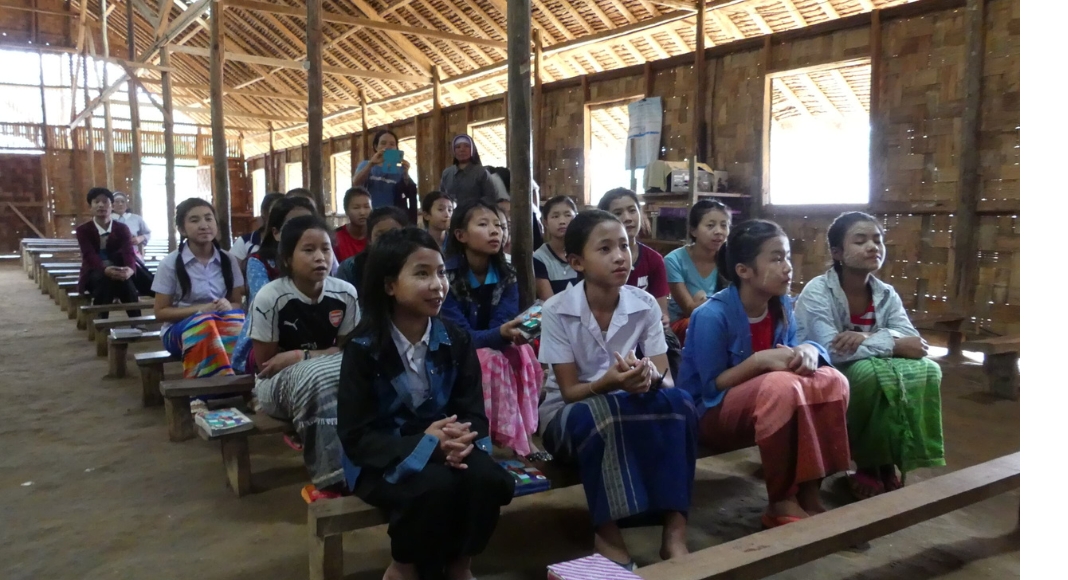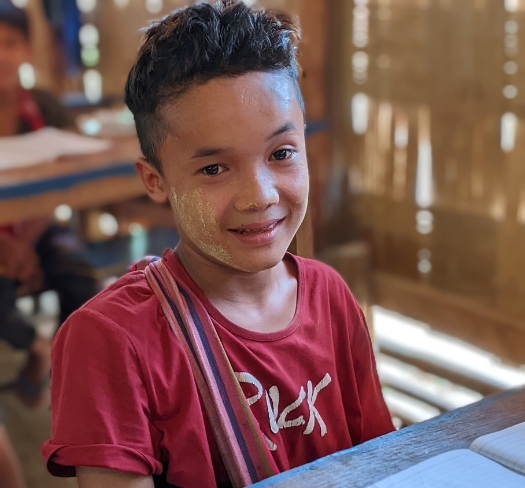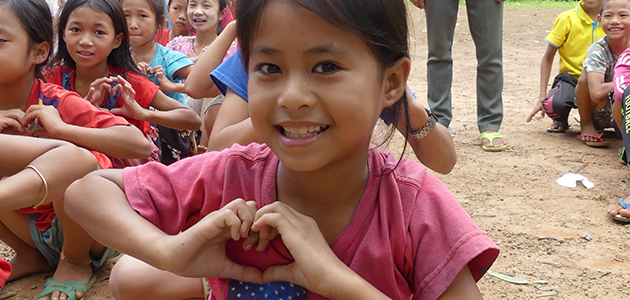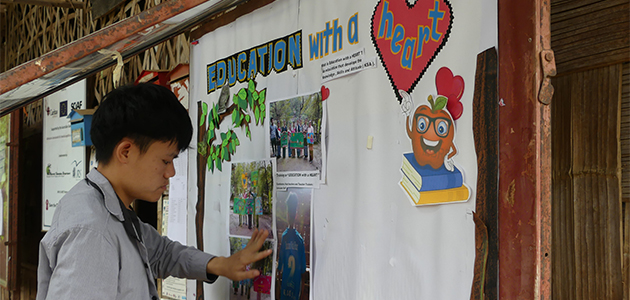The Sustaining Education for Burmese Refugees project is about overcoming incredible challenges to give children and youth in camps access to education.
Just 3km over the border into Thailand, there are nearly 12,000 Karenni refugees from Myanmar’s Kayah State living in the Ban Mai Nai Soi camp and the Ban Mae Surin camp in Mae Hong Son Province. Most of the residents have fled from armed conflict in Myanmar. Many are born in the camp and the average stay is 22 years. They cannot leave the camp and outside organisations are not allowed to set up schools inside the camp - so access to education is extremely limited.
With your support, we are working with our partner organisation, Jesuit Refugee Service (JRS) Asia Pacific, on the Sustaining Education for Burmese Refugees project. It’s focused on sustaining access to quality education by enhancing the capacity of the Karenni Education Department (KnED) to run their schools and formal educational programs in the camps. With your help, we can assist the KnED by supporting the practical needs of school operations, building teacher capacity through training, and improving the curriculum.
Youth in the camps are a particularly vulnerable group. Young people often feel so discouraged that they completely disengage with the community. Suicide rates amongst youth are high in the camps. You’re helping JRS Asia Pacific run psychosocial and life skills activities within the camps to build community, hope and resilience for youth who have experienced devastating trauma. The recent ‘Education with a heart’ initiative has been a success – this is where JRS Asia Pacific train KnED staff to teach wellbeing skills such as cultivating positive mindsets, in addition to academic skills.

Children in their classroom at a refugee camp. Jesuit Mission’s partner Jesuit Refugee Service Asia Pacific delivers education, enrichment classes and teacher training to thousands of refugees.
DONATE
Thank you for supporting this project to provide education to 3,000 children in refugee camps. While they are restricted to the confines of the camps, children and young people have no other way to learn important knowledge and skills.
Denpo’s Story
Denpo, 14, has always been a good student. Born in Myanmar, he excelled in his studies and especially loved studying Burmese.
But his education came to an abrupt halt when his family was forced to flee Myanmar to escape the conflict.
Since arriving at the border camps in March 2023, Denpo’s family has been receiving social support from JRS Thailand, and Denpo has been enrolled in school, studying subjects including English, Burmese, mathematics, science and history.
“I have made many friends and I love studying.”
Happy to once again have the opportunity to learn, Denpo is thriving – even in the difficult circumstances.
“In the future I want to be a school principal.”
Your compassionate support is also helping JRS Thailand to bring opportunities to out-of-school children and young people at risk, as well as providing teacher training programs to empower local teachers and an Inclusive Education program to reach children living with disabilities.


